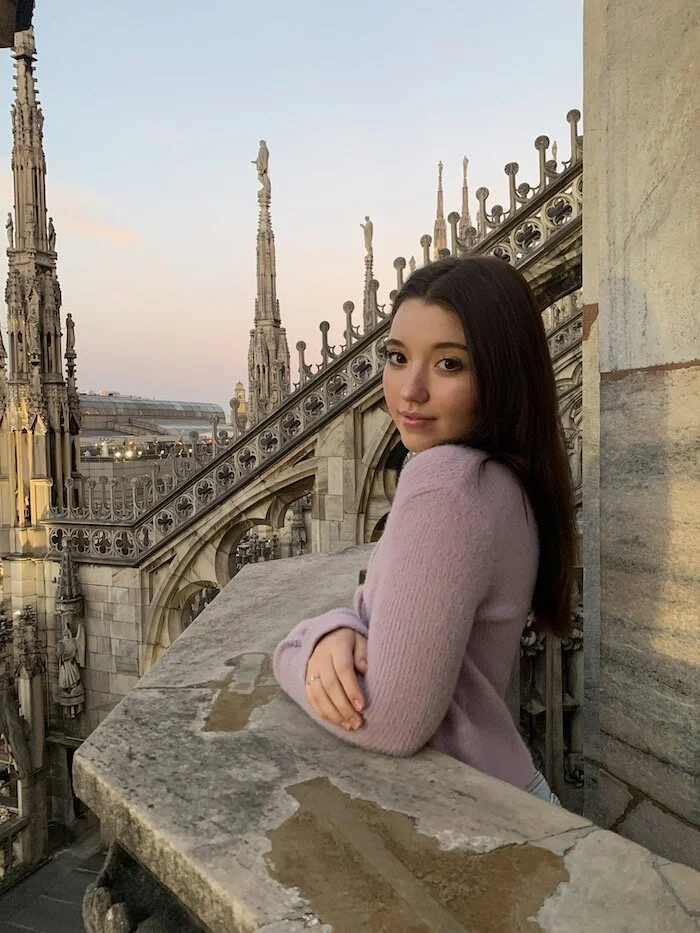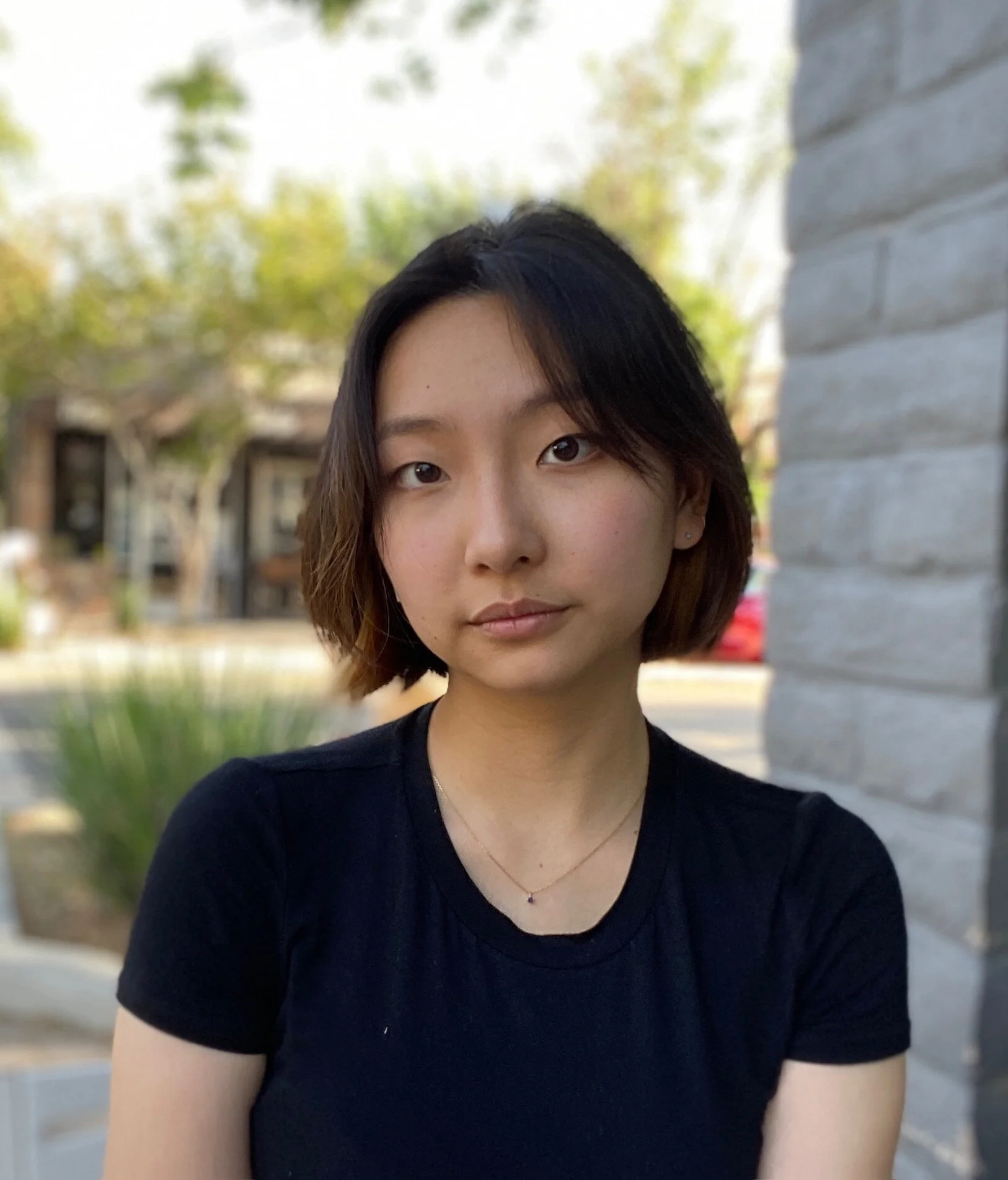To me, the environment isn’t just an abstract; I interact with it every day, so I fully realize what society stands to lose. I’ve lived next to a wildland park for the majority of my life, and as I’ve grown up, I’ve watched housing development after housing development tear down small sections of trees, displacing the wild animals, as my mountain has disappeared from in front of me. I can only imagine what the world would look like if civilization’s expansion and climate change continue to rage unchecked. No more forests and grasslands, no more coastlines. Uninhabited deserts and the scorched remains of raging forest fires. I want to do my part to help protect the earth, but I feel I need to learn more about it first. So, I’ve started by learning about my local environment. As part of a community action training program, I learned about the destruction that global warming is causing to ecosystems across the Pacific Northwest, from low salmon populations to orca malnutrition. At the same time, while interning for the Mid-Sound Fisheries Enhancement Group, I learned from multiple non-profit environmental groups about our ecosystems. I’ve also worked together with my local city on an initiative to create more community involvement in environmental restoration efforts, helping to organize community service events and creating educational materials for distribution throughout the populace. I’ve worked to become a leader and push environmental reform throughout our community. There are a lot of pressing issues out there: homelessness, opioids, civil wars, genocides. But I believe that global warming is the single most important issue at this time, because if unstopped, it will spell the end of both humanity and the earth itself. The situation isn’t natural. We caused it, and it’s our responsibility to fix it. Global warming is a hard problem to solve because it’s hard for some people to quantify its effects. We have no exact number of how many humans it’s killed, or any specific methods of solving it. But if all we do is continue to impose humanity’s will on the environment around us, then that’s the end of the story. Of everyone’s story.
In addition to working with the Mid-Sound Fisheries Enhancement Group, I've collaborated with the Environmental Research Group at the University of Chicago to advocate for more environmentally friendly transportation in the city of Chicago and contributed as part of the design team to the University of Chicago's independent newspaper, the Chicago Maroon. My plans for the future include graduating from the University of Chicago with a degree in Computer Science.
I believe in the power of books. I believe in the simplicity of a few words written on a piece of paper, and the complexity that stringing enough of these words together brings. I believe in the power that reading these books can give the individual. I love reading because each book is a door to its own world, a creative outlet for both the reader and the author. Throughout my life, creativity has been a driving factor in my decisions. It’s one of the reasons I love writing so much; no matter what you write, you’re creating something new. It’s also present in my love for coding. With code, you’re starting out with simple materials like semicolons and variables, but with a little work, you can create something that others don’t just use, but interact with. And my goal for life is to create as many new things as possible. Even if it’s small and unimportant, it’s still something new and unique; it’s still something I can call mine. Without creativity, new ideas are impossible, and it gets a lot harder to make your mark on the world. Creativity exists in all walks of life, from our myths and legends to our sources of entertainment. Books like “Odysseus” and “The Iliad” have sparked the imaginations of people for centuries and continue to do so today. Every year, over 600,000 new books are published, and each one continues to fuel the creativity of people all around the world. I believe that the most important quality a person can have is creativity. I believe that creativity, and the ideas that come from it, are essential to our life. I believe that creativity, by definition, is the root of all creations. Through The Creative Process, I not only get a chance to nourish my own sense of creativity, but to learn from others on how they’ve developed theirs. So much of what’s precious in today’s world, and what will continue to be precious in the future, stems from innovation, from creating something new, and unique, and sometimes slightly absurd. Creativity isn’t solely something innate, it’s something that can be grown and developed and molded, and the best way to do that is by interacting with those who have perfected it, or who are working to do so. By collaborating with The Creative Process, I’m collaborating with a community who cares for creativity and imagination as much as I do.














